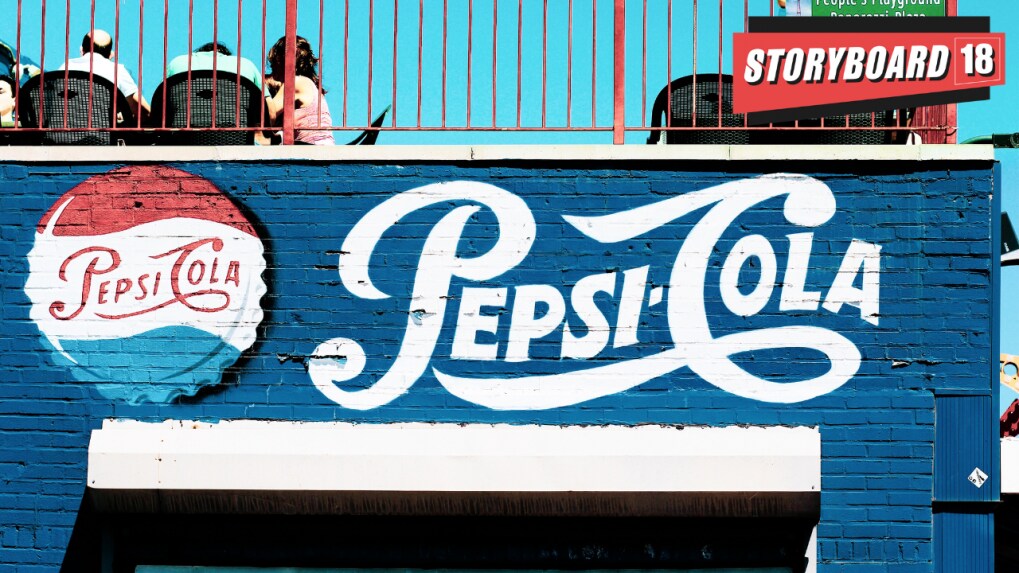Pepsi at 125 years: fun facts about the cola brand
As beverage brand Pepsi celebrates 125 years, take a look at some interesting moments from its journey.
ADVERTISEMENT
Pepsi was invented in 1893 by Caleb Bradham and was initially called "Brad's Drink." The name "Pepsi-Cola" was officially adopted in 1898.
The "Pepsi Generation" advertising campaign in the 1960s helped establish Pepsi as a youthful and modern brand.
The Pepsi Challenge, a famous marketing campaign from the 1970s and 80s, involved blind taste tests to prove Pepsi's superiority over Coca-Cola.
The "New Coke" debacle in 1985 was partly influenced by the challenge posed by the growing popularity of Pepsi.
In the 1950s, Pepsi introduced the first diet cola, "Pepsi-Cola Light," which later became "Diet Pepsi."
Pepsi has experimented with unique flavors like "Crystal Pepsi," "Pepsi Blue," and various limited-edition options, catering to changing consumer tastes. In 1975, Pepsi became the first American consumer product to be produced, marketed, and sold in the Soviet Union.
PepsiCo introduced the "Pepsi Points" promotion in the 1990s, which famously led to a legal dispute depicted in the movie "Wayne's World."
Michael Jackson starred in a memorable Pepsi commercial in 1984, during which his hair caught fire due to a special effects mishap.
PepsiCo introduced "Pepsi Twist" in 2001, a cola with a hint of lemon flavor, aiming to attract fans of both cola and lemonade.
PepsiCo has worked with various celebrities and athletes over the years, including Britney Spears, Beyoncé, and Lionel Messi.
Pepsi was the first major soft drink to switch to using high fructose corn syrup instead of sugar in its recipes.
The Pepsi Challenge was relaunched in 2005 with a new twist, allowing consumers to vote online for their preferred cola taste.
In 2009, PepsiCo created an iPhone app called "Amp Up Before You Score," which faced criticism for its sexist content and was later removed.
In 2017, Pepsi released a controversial commercial featuring Kendall Jenner. The ad depicted a protest scene where Jenner hands a can of Pepsi to a police officer, seemingly resolving tension and bringing unity. However, the commercial was widely criticized for trivializing social justice movements and protests. It was accused of being tone-deaf and exploiting serious issues for commercial gain, leading to its withdrawal shortly after its release.


